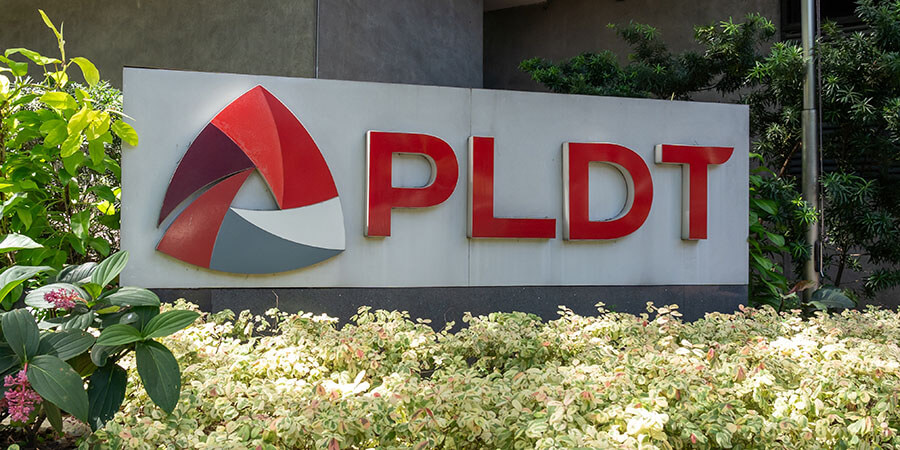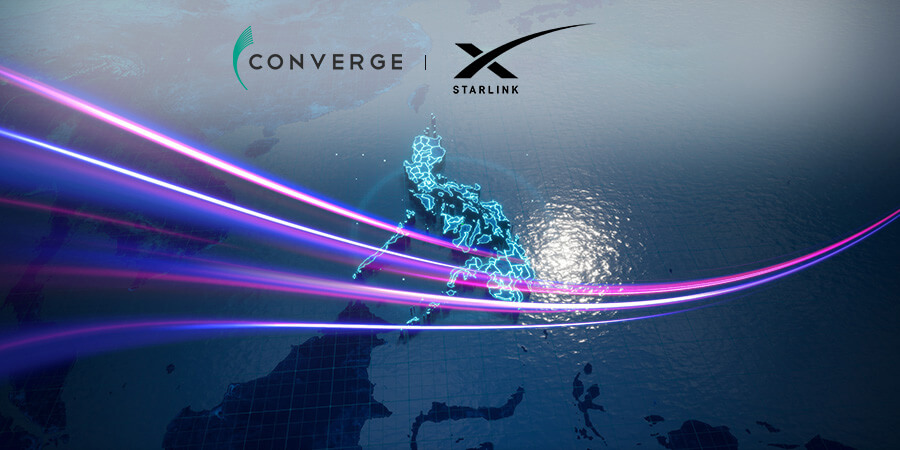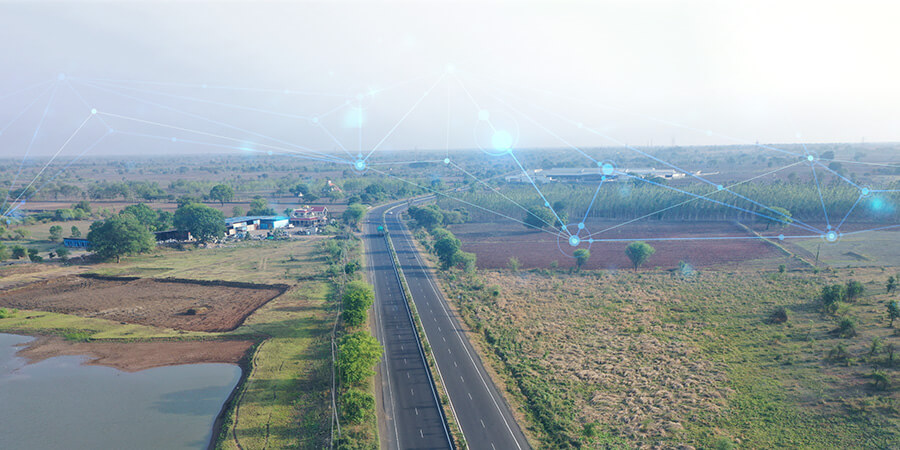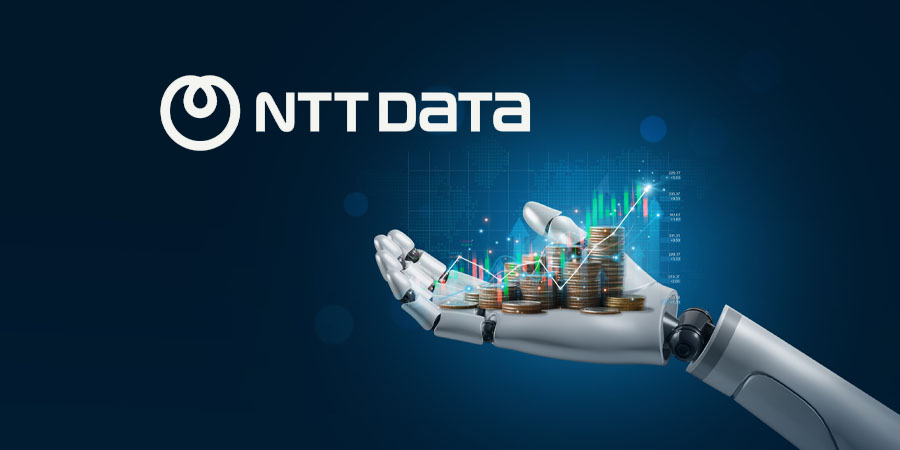Two new data centers will be established in India's Chennai region to meet the increasing demand from hyperscale and enterprise customers. Web Werks and Iron Mountain, partners in a joint venture, have acquired a four-acre plot of land in Ambattur, Chennai, to build the data centers, named CHE-1 and CHE-2. These facilities will be constructed according to Tier III standards and will have a capacity of 36 megawatts of IT load.
This expansion is part of the Web Werks - Iron Mountain Data Centers joint venture's plan to develop over 90 megawatts of new data centers in Pune, Bangalore, Noida, Mumbai, Hyderabad and now Chennai.
Chennai is becoming a rapidly growing data center market due to its strong connectivity with Singapore and other Asian countries, abundant power supply, accessibility to landlocked cities and suitability as a disaster recovery site. The region also has a thriving ecosystem of cloud service providers, network fabrics, and multiple subsea cable landing stations.
Founder and CEO of Web Werks Data Centers, Nikhil Rathi, explains that Chennai is an ideal location for data centers due to its submarine cables, local consumption, internet traffic, available land, power and connectivity options. The chosen site in Ambattur is advantageous as it is not prone to floods and is away from the crowded IT corridor.








































